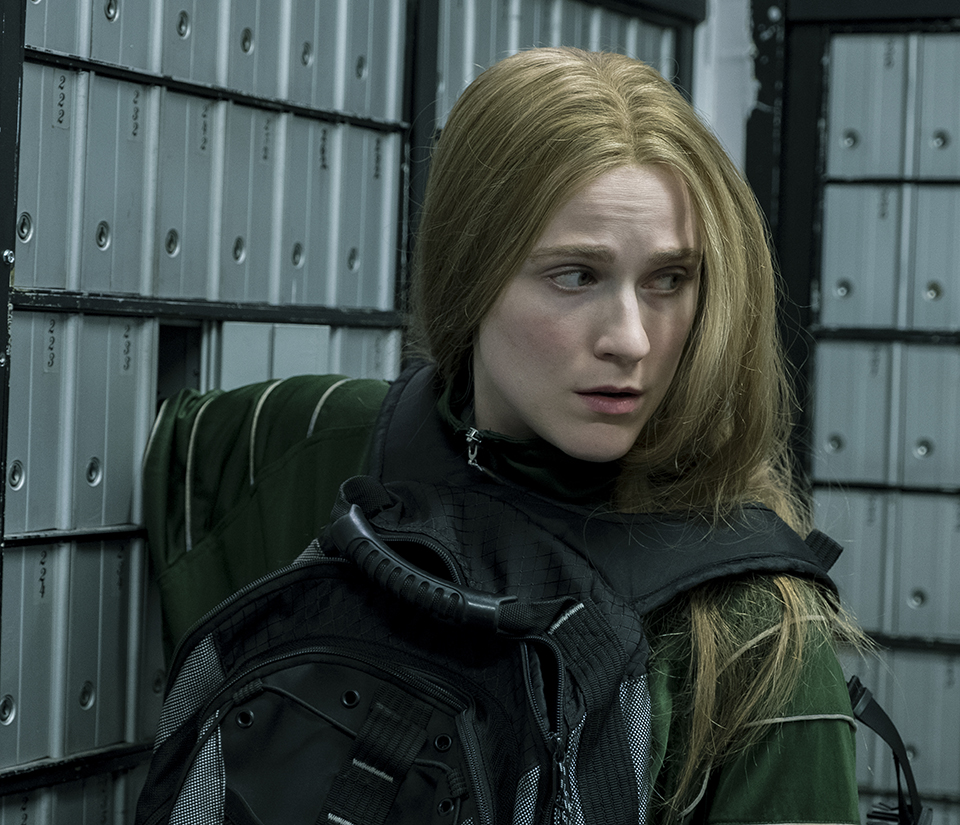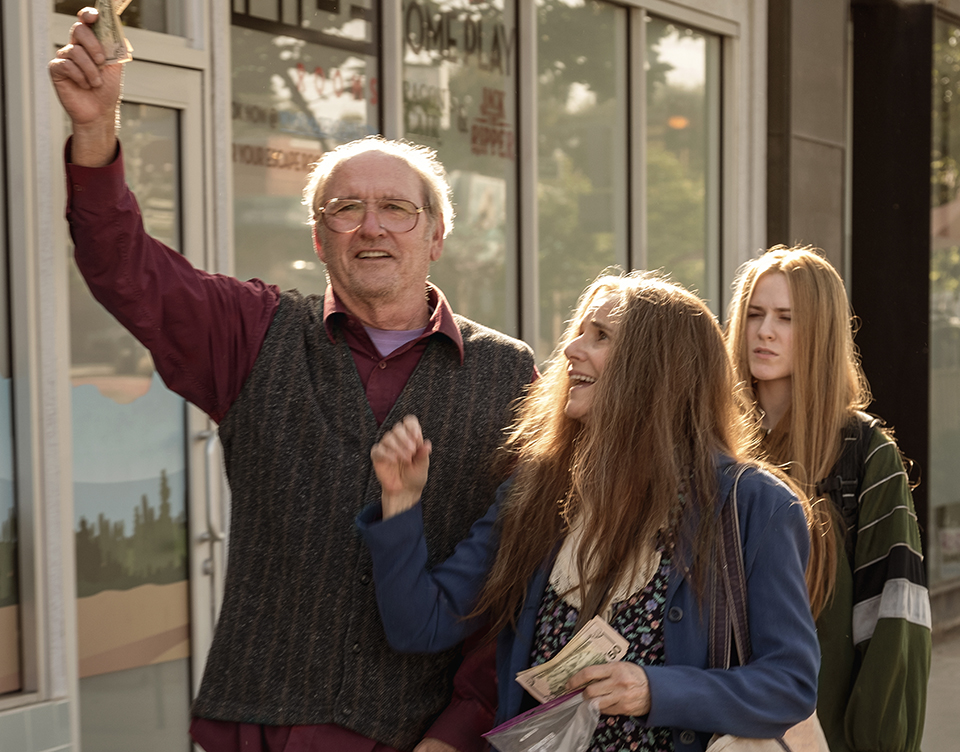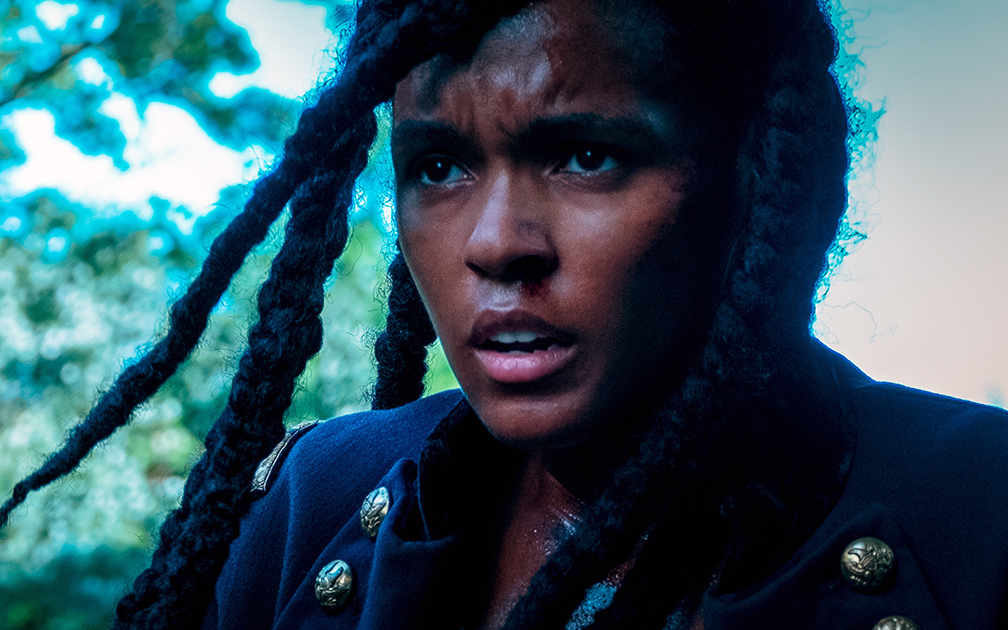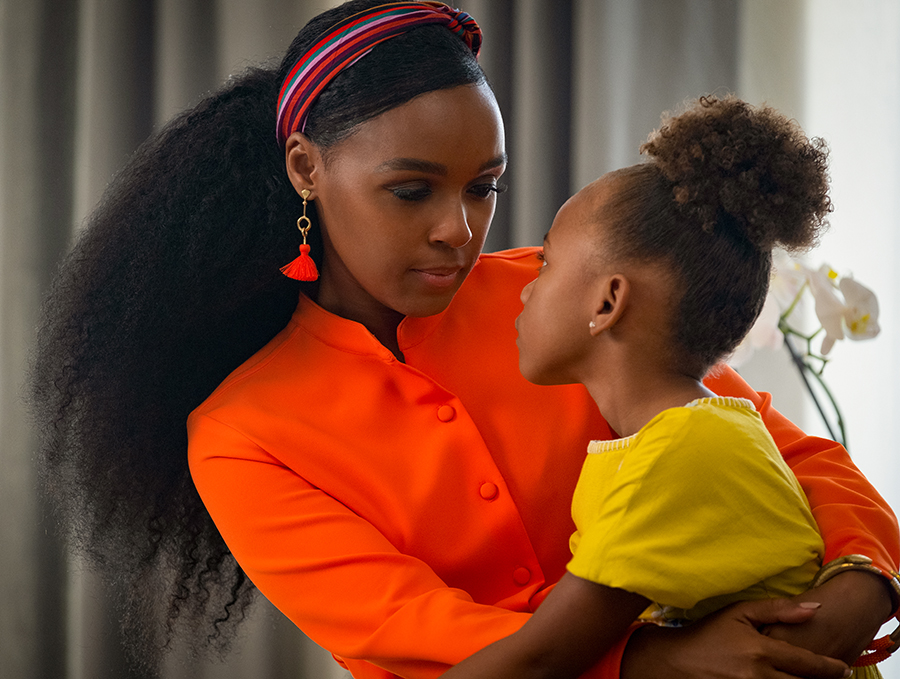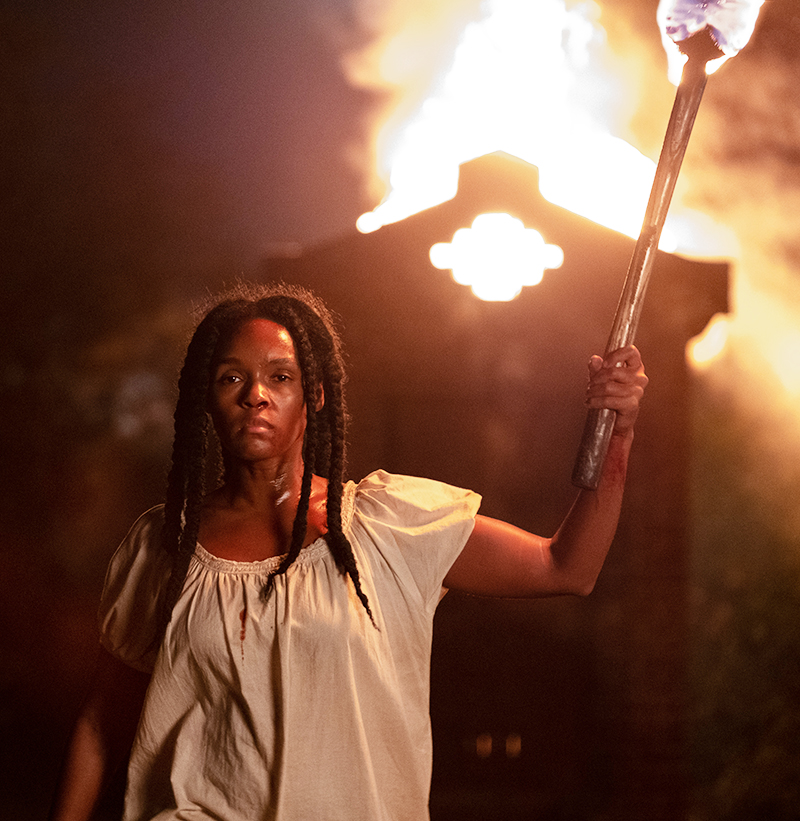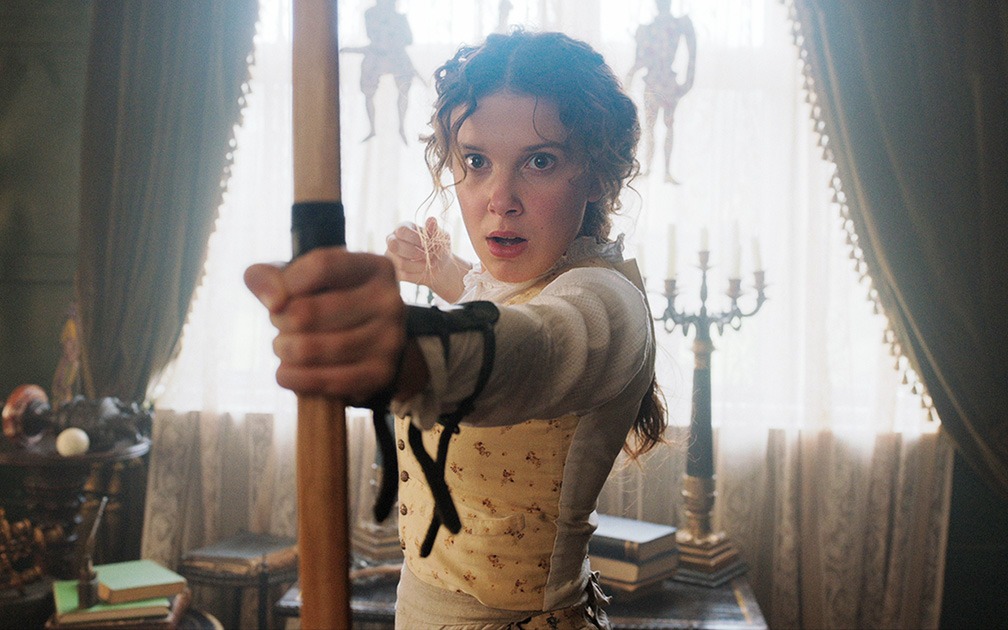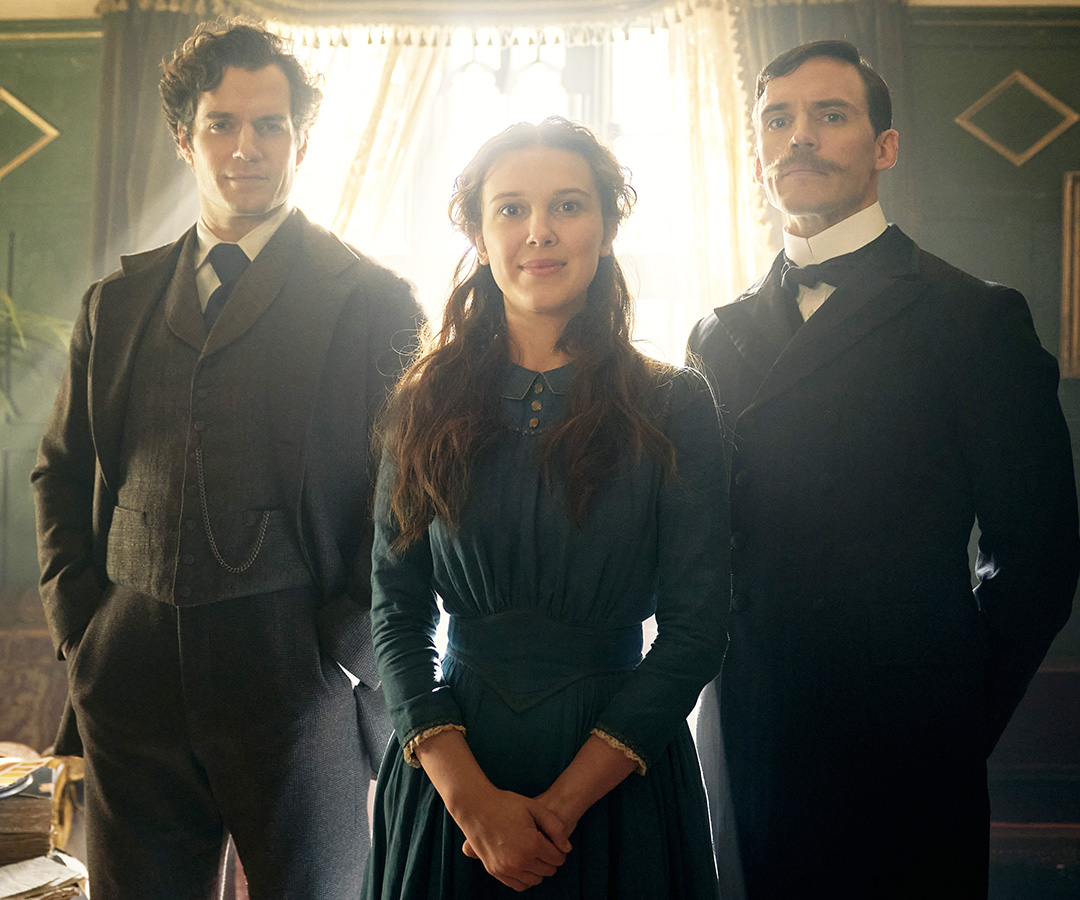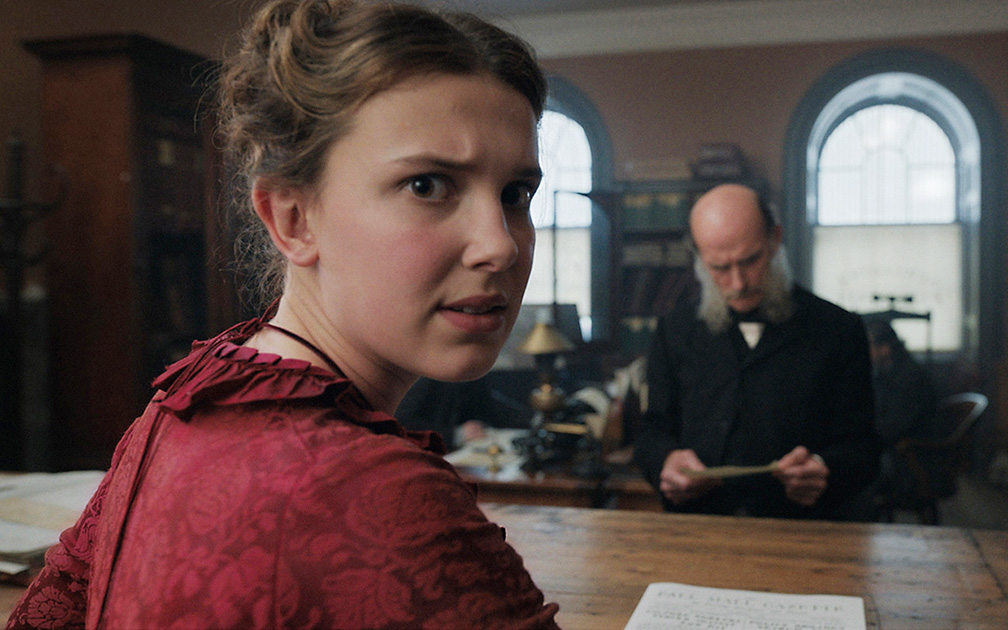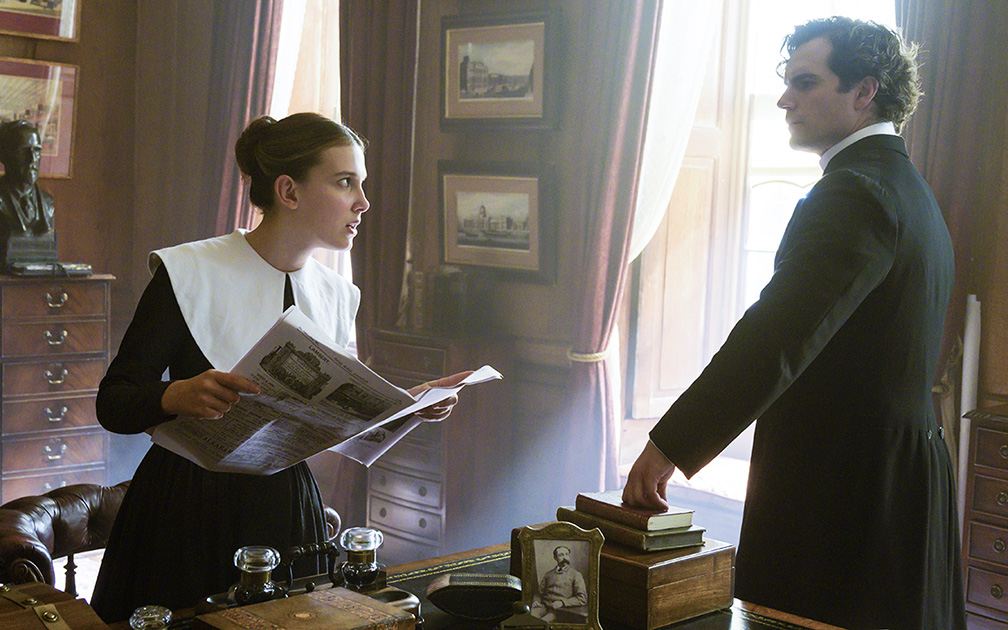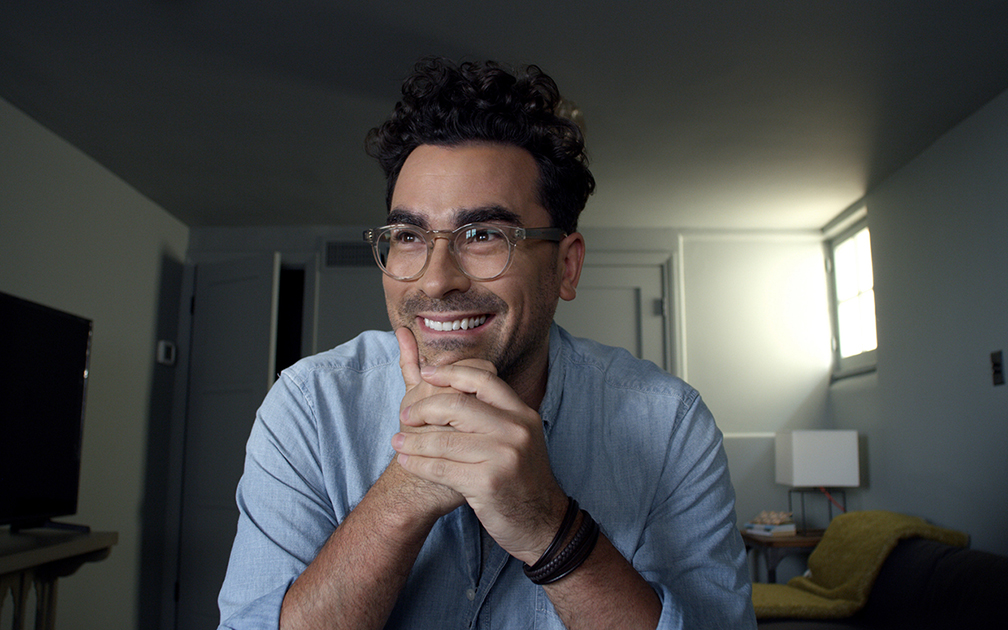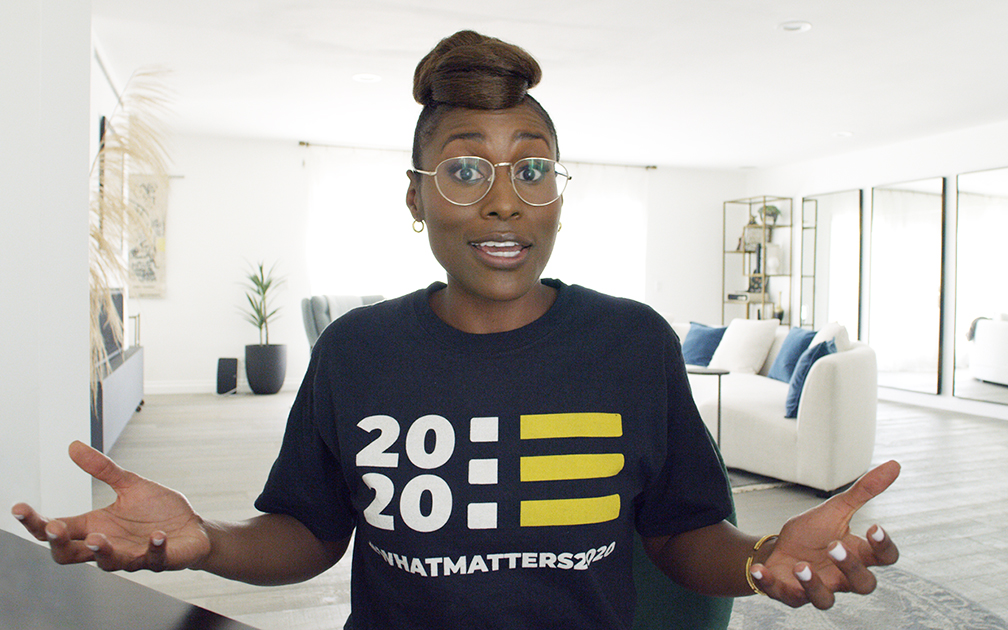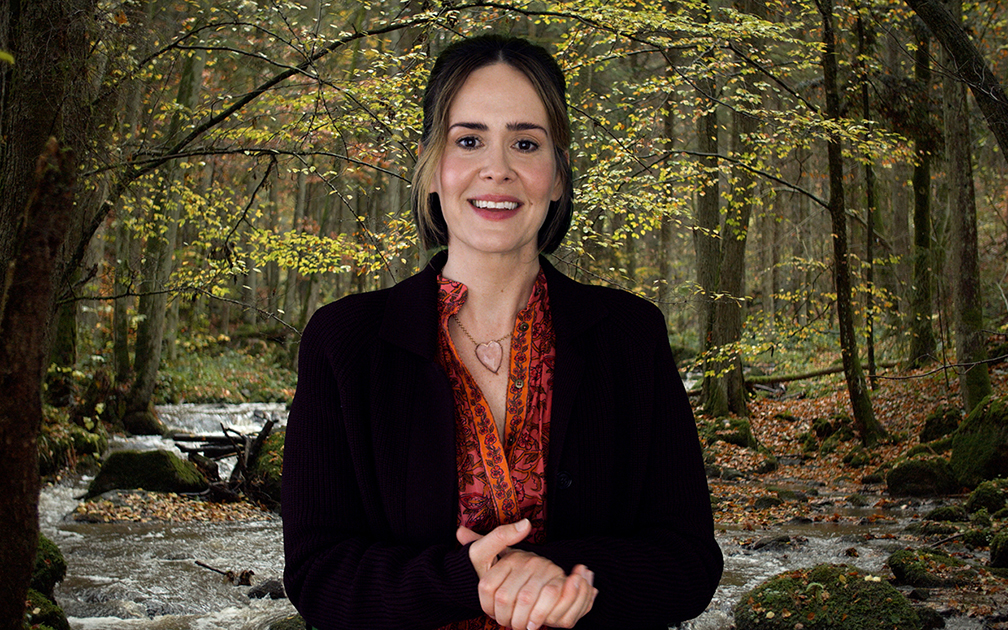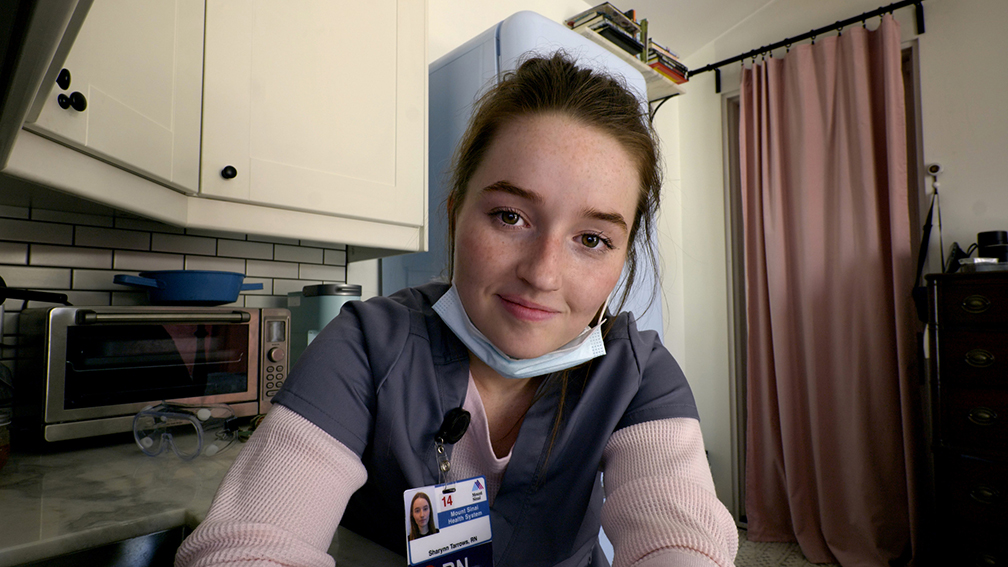Keira Knightley, Jessie Buckley, Gugu Mbatha-Raw headline cast of feisty flick about worlds-collide moment in British women’s-lib history

Misbehaviour
Starring Keira Knightley, Gugu Mbatha-Raw and Jessie Buckley
Directed by Philippa Lowthorpe
Unrated
In select theaters and on VOD Sept. 25, 2020
A lot was going on back in 1970.
The Beatles broke up. Janis Joplin and Jimi Hendrix died. The astronauts of Apollo 13 gave everyone a scare when their spacecraft glitched two days into the mission, nearly stranding them between the Earth and the moon. The Ohio National Guard opened fire on unarmed students protesting the Vietnam War at Kent State University in Ohio, killing four and wounding nine others.
It was a turbulent time. And over in England, some women were shaking things up too.
This British true-life character drama is based on the true story of a group of “mischief makers” who disrupted the 1970 Miss World competition in London—a major TV event—with a message that resonated far beyond that raucous November evening at tony Royal Albert Hall.
Claiming that beauty competitions were demeaning to women, the newly formed Women’s Liberation Movement gave the growing grassroots crusade a bracing jolt of international publicity at something the whole world was watching.
Misbehaviour crafts its feisty, worlds-collide story of female activism, women’s rights and an era locked down in a cocky, casual grip of patronizing patriarchy through converging storylines about a cast of real-life characters who all come together at the pageant.

There’s Sally Alexander (Keira Knightly) and Jo Robinson (Jessie Buckley), vastly different but aligned in rallying for a common cause—planning a demonstration against an event they liken to a world-stage “cattle market,” where women are measured, weighed and displayed for mass-market consumption.

The Miss World contestants arrive in London by the busload from the airport, and we get to know them—and they get to know each other—as they’re put through their rehearsal paces and prep under the tutelage of pageant founder Eric Morley (Rhys Ifans) and his wife (Keeley Hawes).
Cool and cocky Miss Sweden (Clara Rosager), the odds-on international favorite, acts bored by the whole shebang. Shy, wide-eyed Miss Africa South (Loreece Harrison) admits that she’s never been on an airplane, or anywhere outside of her own repressive country. If either she or Miss Grenada (Gugu Mbatha-Raw) wins, it will make history as the first time for a Black woman, representing any country, to take home a Miss World trophy.
Meanwhile, American stateside superstar comedian Bob Hope (Greg Kinnear) is preparing to make a return Over There to provide some Yankee-Doodle yuks at the event. But his jaded, longsuffering wife (Lesley Manville) isn’t so hyped about the trip, remembering how badly her infamously flirtatious husband behaved the last time he was in merry old England.
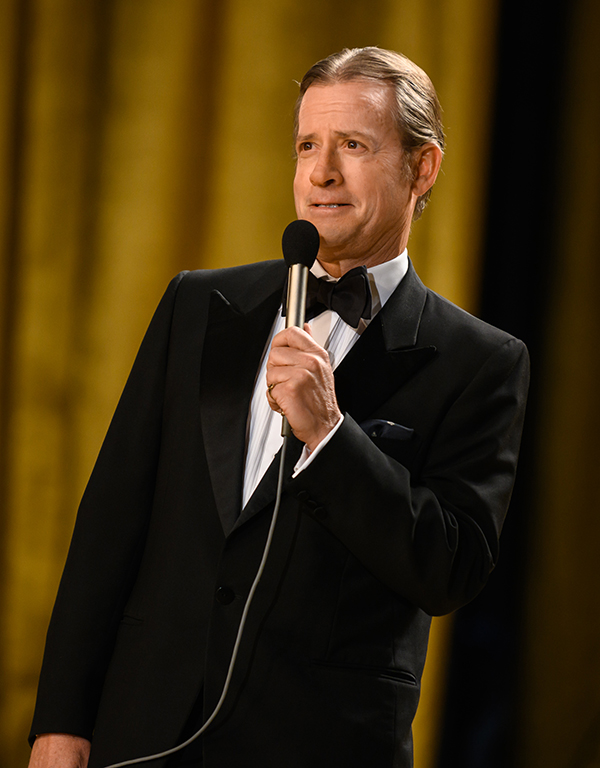
When Morley, the Miss World owner, hears of the planned demonstration by the Women’s Libbers, he dismisses it as just a bunch of “anti-establishment mischief makers.”
But when the big night arrives, the demonstration becomes a sneak-attack invasion and there’s a boisterous break-out of total disorder in the middle of Hope’s mid-show comedic monologue. Chaos reigns when the feminist infiltrators unleash an arsenal of anarchy inside the auditorium—unfurling banners, waving signs, tossing leaflets, hurling bags of flour onto the stage, rattling rattles, shouting and squirting ink-filled water pistols. The fracas shuts the telecast down. Alexander, Robinson and the other agitators are hauled off to jail, but they know they’ve done what they intended to do, and they’ve scored a media victory.
The (mostly British) cast is great, filled with familiar actors and fresh faces. Busy-bee Buckley is on fire as the radicalized Jo; this is her fifth project this year, including a significant role in this season’s Fargo and starring in director Charlie Kaufman’s recent Netflix adaption of the trippy novel I’m Thinking of Ending Things. Mbatha-Raw, a standout on Apple TV+’s The Morning Show, is equally impressive as Miss Grenada, Jennifer Hosten, whose calm demeanor conceals passion, ambition and dreams far beyond Miss World. Knightley, of course, has been in everything from high-toned dramas (Pride and Prejudice and Atonement) to blockbusters (the Pirates of the Caribbean franchise) and larky romcoms (Love Actually). She’s perfect here as a proper young British mom and wife who knows just how much she has to lose by throwing in with a commune of ragtag anarchists—but weighing how much she’ll throw away if she doesn’t. Manville (she was Princess Margaret in The Crown, among her 100-plus TV and movie roles) is superb as Delores Hope, who literally gets the last laugh at her philandering, floundering spouse. And speaking of The Crown, maybe you’ll recognize Miss South Africa—she’s played by Emma Corrin, who portrayed Lady Diana Spencer in 2019’s season four of the Netflix series.
British director Philippa Lowthorpe, who’s steered several episodes of Call the Midwife and The Crown, keeps things brisk and lively, with distinct dashes of British whimsy even when dealing with weighty issues like apartheid, sexism, misogyny and oppressive international politics.
Misbehaviour gives a sense of the complex, complicated web from which the tapestry of women’s rights was woven. The Women’s Liberation Movement was made of many threads, in many places, some far apart and wildly different, like rabble-rousing activists and beauty pageant contestants. But the movie suggests there’s a common thread that connects all women, and it reaches around the globe.

There’s a subtle scene where several of the women in the pageant catch a BBC appearance by Alexander on TV; she’s on a local talk show presenting the view of the Women’s Libbers and why they’re against the idea of beauty pageants, but not against the contestants themselves. We watch the contestants as they watch Alexander, and we can see the conflict seeping into them as she makes her points, giving them pause as they try on their gowns in their hotel rooms or practice their pageant-perfect smiles.
And the movie leaves us with a lesson, about how most things worth having are worth standing up for—and sometimes that might mean standing up with a banner, or a bag of flour, or squirt gun pointed at Bob Hope.
“You get the world you deserve,” Jo tells Sally. “And if you don’t fight, you deserve the world you f—’in get.”
The women in Misbehaviour believed in fighting, or at least in misbehaving for a cause. And it’s a cause not only timely, but very much with us; as everyone is well aware, all-too-real battles continue over women’s rights, and women’s bodies, today. But 50 years after Miss World 1970, this bright little charmer of a British micro-moment history lesson is a macro reminder of how much impact the events of one night, or anything, can have on everything and everywhere—and how little threads can connect to become something bigger, bolder and so much stronger.

